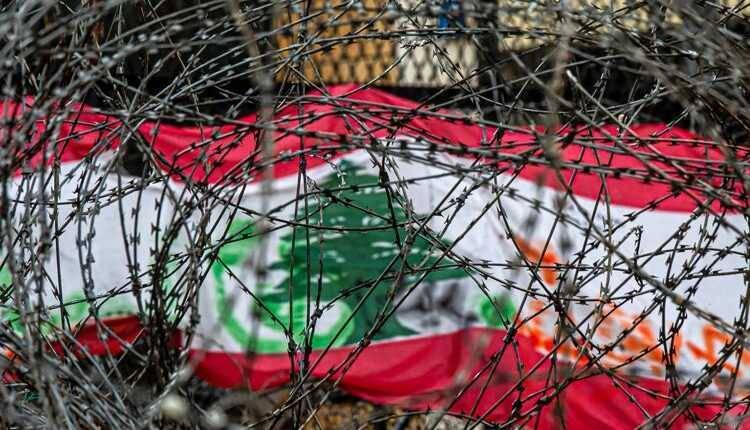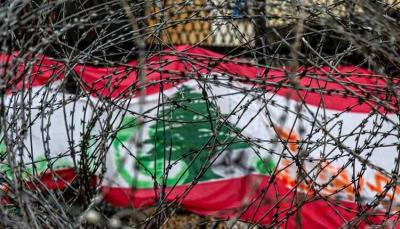The Lebanese response to the visit of Emir of Qatar Sheikh Tamim bin Hamad Al Thani to Paris has imbued it with a distinctly Lebanese character, whether in terms of finding solutions for the Lebanese crisis or assisting the Lebanese army. However, the visit, upon which Paris pins economic hopes, occurs within a regional context primarily tied to what is happening in Gaza and the role that Doha plays in ongoing negotiations, which Paris seeks to establish as central to advancing talks and achieving a ceasefire. It is noted that a significant financial aspect always overshadows any international movement by Qatar in such hot files, in addition to Qatari investments and economic and military bilateral agreements that are being activated or signed between Doha and Paris. This is what Paris fundamentally relies on during the first state visit from the Qatari emir, which the administration of President Emmanuel Macron treats as a high-profile political, economic, and financial event, as mentioned in "Al-Akhbar."
Hence, the Lebanese perspective on the visit as a forward step toward resolving the Lebanese crisis carries a lot of local exaggerations amid various indicators. Without dismissing the priority of the Gaza war across all fronts in the Middle East, Lebanon logically completes the discussion on the Gaza conflict and the proposed ceasefire, particularly concerning Qatar's central role between Iran, Hamas, and Israel, which naturally places it ahead of the French role in this file. Paris, on the other hand, reacts as if it has done its part with the document it formulated for a sustainable solution in the South and awaits a response that will be attributed to the official Lebanese side, although it understands that Lebanon is incapable of committing to any required step without Hezbollah's approval. Here, it poses a challenge for Lebanon to align the official pathway with Hezbollah in adopting a unified stance toward proposals, positively or negatively.
On the presidential level, according to "Al-Akhbar," Lebanon is merely one of many regional files and it is not yet time for serious consideration. Nevertheless, the quintet committee, which includes Qatar and France, remains active, albeit without a clear vision. However, the visit cannot be assessed on a presidential level without referencing months back when Qatar advanced in the Lebanese scene. France initially did not look favorably upon Qatar's role in Lebanon, seeing it instead as a financial backer for the proposals and settlements that France sought to market politically and presentially through projects that collided with a wall. Paris only began to manage Qatar's presidential engagement in Lebanon upon realizing that it had been usurped of this role, yielding to Qatar, indicating a failure of Macron's initiative before France settled on appointing envoy Jean-Yves Le Drian.
Yet, as much as Qatar was assigned a role in the presidential movement through its envoys, who constantly visited Lebanon both secretly and publicly, it was given—like Paris before it—a defined framework that was not to be transcended. Both know that the quintet committee provides a cover for them. However, the elevated ceiling remains, up to this point, distinctly American. The Americans have not yet voiced their stance on the presidential file. Thus, any meeting, even at the first level between the President of France and the Emir of Qatar, will not lead to any direct impact on any file related to achieving a presidential breakthrough. Neither Saudi Arabia has given the green light, nor have the United States, occupied with its elections and the Gaza war, turned its efforts to finalize settlements related to Lebanon.
Simultaneously, discussions have shifted to the topic of the army. Since the French-Saudi deal, the money allocated to the army has not been French, even through a French arms deal that was later buried. The projects that Paris pledges for the army through previously held conferences are funded by non-French money. Qatar has transitioned, following Saudi Arabia, into a financier of the army under American cover, coinciding with the financial and economic collapse hitting Lebanon and its security institutions. America’s need for stability in Lebanon directly passes through the backbone, which is the army it sponsors, leading to a settlement for the payment of salaries to its elements, which Qatar had been providing for months.
In parallel, any movement by Army Commander General Joseph Aoun towards Qatar was seen as a presidential initiative based on the third option. In this same context, the Paris meeting was viewed as a "promotion" of the army commander to a presidential level, which cannot be taken seriously at this early stage. It is not a secret that France rushed to call for the conference before Washington aborted it, given that it cannot be supported at a high level until its missions in the South are clarified. The French proposal was seen as one of the ideas that Macron's administration hastens to market and add to a consecutive work agenda on both regional and international fronts, as Paris these days almost presents itself as a driving force for negotiations and ideas spanning from Ukraine to Gaza to Lebanon. However, what is anticipated for the army will merely be a continuation of a previous trajectory, no more. Therefore, as much as Paris celebrates the visit of the Emir of Qatar, Lebanon should not expect any swift positive impact; the path to reaching final solutions remains lengthy.




